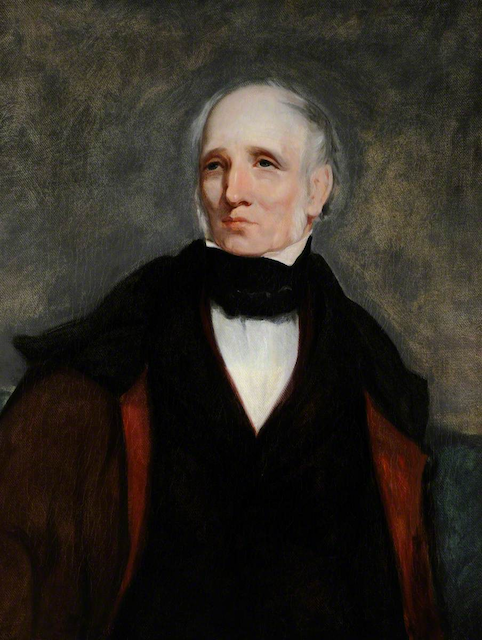Tone is the attitude of an author or speaker toward a literary work’s subject or audience. The other basic elements of literature, figures, diction, syntax, and point of view, all contribute to the tone of a piece.
In his poem “The World is Too Much with Us,” Wordsworth addresses an English, Christian society he feels has become too materialistic, too obsessed with “getting and spending.” Notice how his use of an interjection helps convey an outraged tone toward his subject:
Tone Words: Sensory or Personifying?
Having a good lexicon of words to describe tone is essential for a close reader.
Intriguingly, tone words can be sensory, and so closely related to literary imagery. If the work is humorous, is it sweet, like a bon-bon, bitter, like dark coffee, or acidic, like a lemon? Is it soft, or light, or perhaps heavy?
Is the dreamy tone of a drama dark yet sparkling, like a starry night?
Consider how to describe Dorothy Parker’s attitude toward her subject in the poem “Love Song:”
My own dear love, he is strong and bold
And he cares not what comes after.
His words ring sweet as a chime of gold,
And his eyes are lit with laughter.
He is jubilant as a flag unfurled—
Oh, a girl, she’d not forget him.
My own dear love, he is all my world,—
And I wish I’d never met him.
My love, he’s mad, and my love, he’s fleet,
And a wild young wood-thing bore him!
The ways are fair to his roaming feet,
And the skies are sunlit for him.
As sharply sweet to my heart he seems
As the fragrance of acacia.
My own dear love, he is all my dreams,—
And I wish he were in Asia.
My love runs by like a day in June,
And he makes no friends of sorrows.
He’ll tread his galloping rigadoon
In the pathway of the morrows.
He’ll live his days where the sunbeams start,
Nor could storm or wind uproot him.
My own dear love, he is all my heart,—
And I wish somebody’d shoot him.
Is the poem bitter or even acidic? Or might a close reader describe Parker’s tone another way?
Tone words may also be words generally reserved for describing a personality. In other words, we can use personification. Is Parker’s poem childish? playful? Is it lighthearted?
Consider the following list of twenty personifying words, which may be useful in describing a narrator’s tone:
- Outraged
- Proud
- Straightforward
- Sympathetic
- Bored
- Humorous
- Resigned
- Melancholic
- Sober
- Apologetic
- Dreamy
- Ambivalent
- Ecstatic
- Skeptical
- Insistent
- Disgusted
- Condescending
- Elevated
- Seductive
- Joyful
Use the list above as a starting point, but develop your own sensory and personifying language for building a comprehensive set of words for describing the speaker’s attitude while close reading.
How carefully one chooses to describe the tone of a work of literature will affect whether he or she is thinking like a reader.
What is the difference between Tone and Mood in literature?
Tone
Tone is the attitude of an author or speaker toward a literary work’s subject or audience.
Edgar Allen Poe assumes a sober and melancholy tone toward the death of the speaker’s true love, Annabel Lee:
[T]he wind came out of the cloud by night,/ Chilling and killing my Annabel Lee. —Poe
Mood
Mood refers the feeling of the charcters, reader, or audience in response to the literary work’s other elements.
Jane Austen’s novel Northanger Abbey evokes the dark, melancholy mood of Gothic literature—but with a mocking tone. We are not fearful for young, Gothic-obsessed Catherine Morland, we find her funny. The mood is gothic; the tone is humorous.
Now, click here to learn about the final literary element, Prosody.


